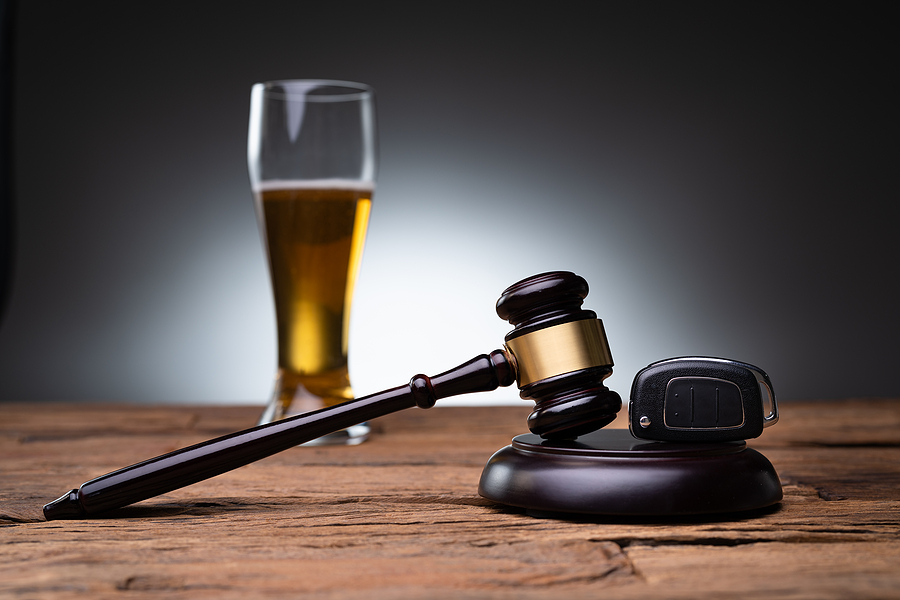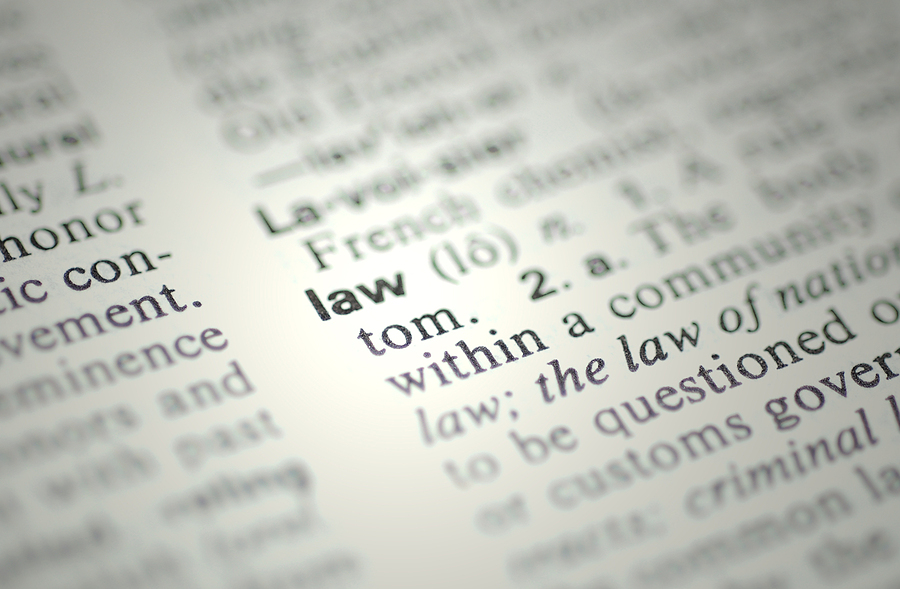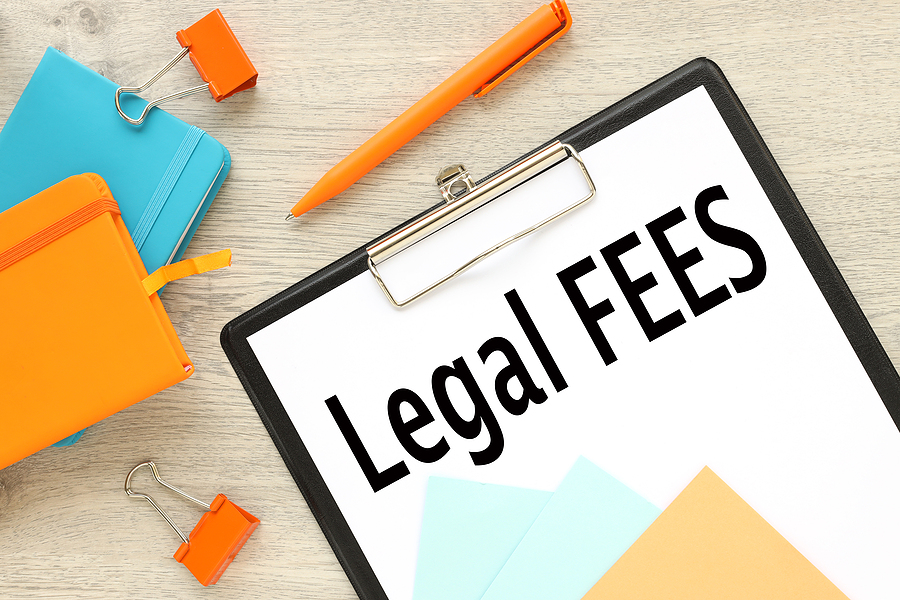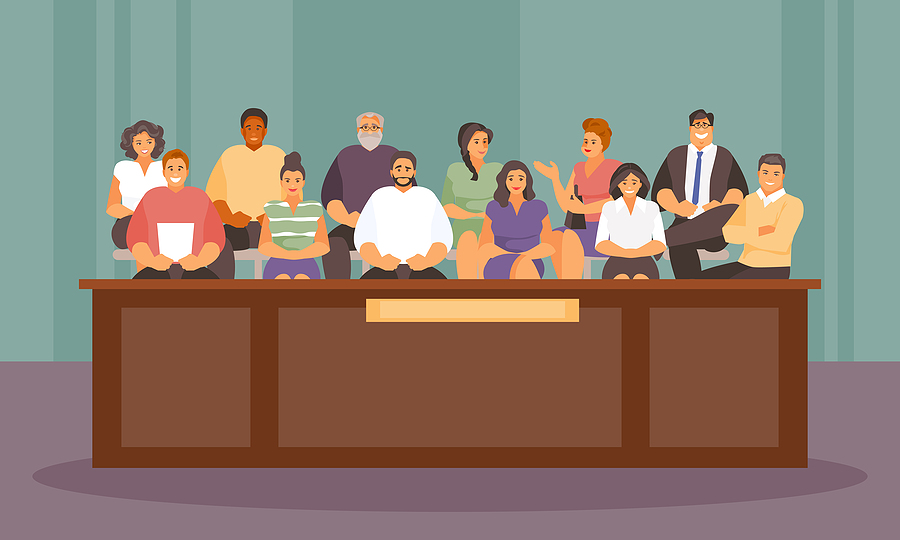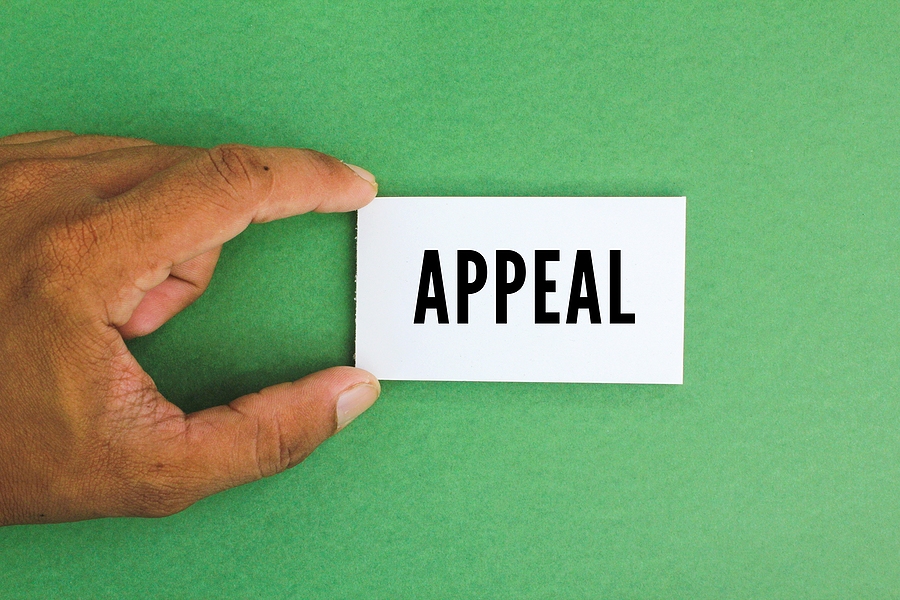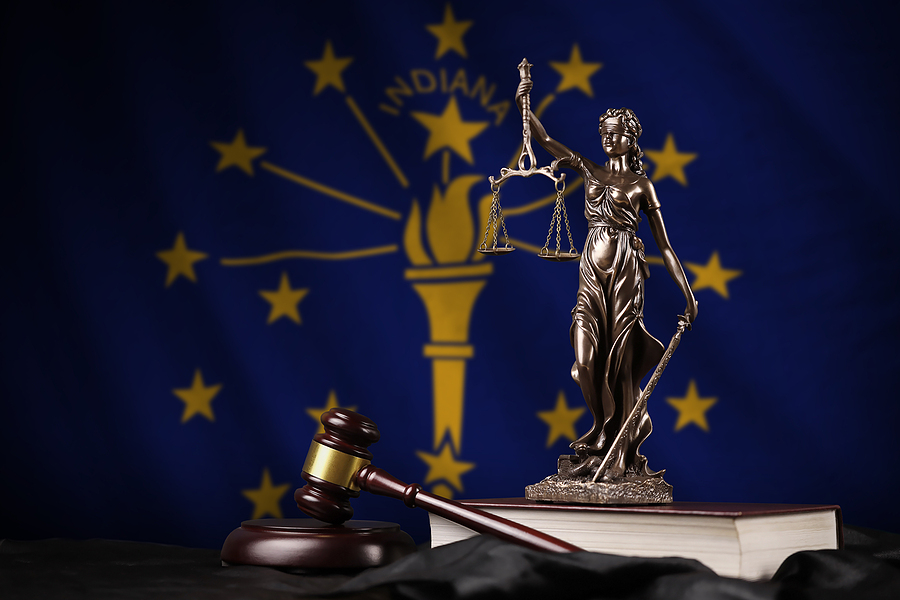In the realm of hiring and recruitment, employee background checks have become a standard procedure for many companies. These checks are done to ensure that potential employees have no red flags in their past that could negatively impact their performance or the company’s reputation. However, there are plenty of misconceptions and myths surrounding these background checks that often lead to confusion and misinformation.
In this blog post, we will debunk some of the top myths about employee background checks and shed some light on the truth behind them.
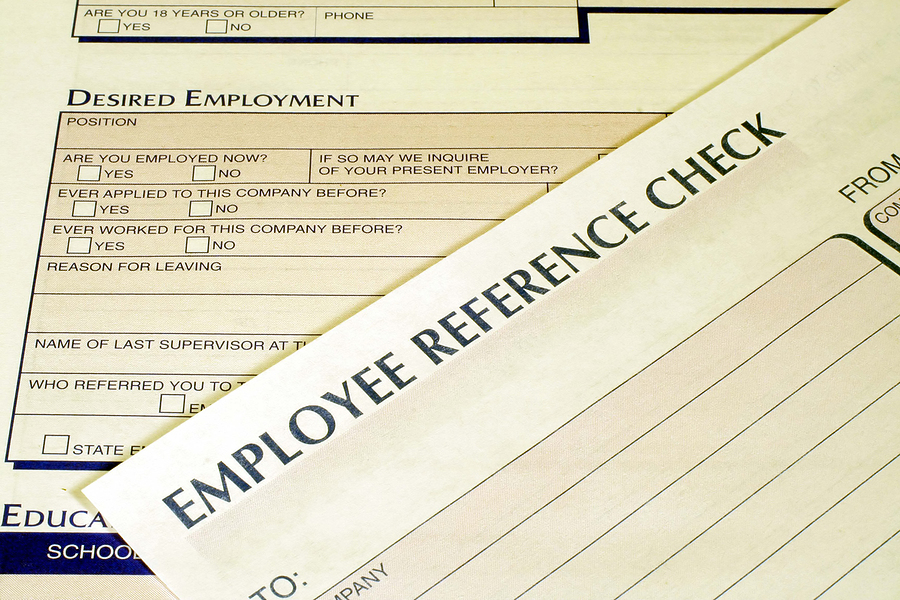
Top Myths About Employee Background Scans
Myth 1: Background Checks are Only Used for High-Level Positions
One of the most common misconceptions about employee background checks is that they are only required for senior or executive positions. This could not be further from the truth. In reality, background checks should be conducted for every candidate, regardless of the role they are applying for. After all, a company’s success depends on the collective efforts and actions of all employees, not just those in top positions. Additionally, conducting background checks for every candidate ensures fairness and consistency in the hiring process.
Myth 2: Background Checks Only Look at Criminal Records
While checking criminal records is an essential part of employee background checks, it is not the only aspect that is evaluated. Background checks also involve verifying employment history, education credentials, and professional licenses. These checks help to confirm the accuracy of the information provided by the candidate on their resume and in job interviews. They also provide insight into a candidate’s work ethic and qualifications for the position.
Myth 3: A Criminal Record Automatically Disqualifies a Candidate
Another prevalent myth is that having a criminal record automatically disqualifies a candidate from being hired. While certain criminal convictions may make a candidate ineligible for specific positions, most companies do not have an absolute ban on hiring individuals with criminal records. Each case is evaluated individually, taking into consideration the nature and severity of the offense, how long ago it occurred, and its relevance to the job. Giving individuals with criminal records a fair chance at employment can also be beneficial for society, reducing recidivism and promoting rehabilitation.
Myth 4: Job Interviews are Enough to Assess a Candidate’s Background
Some companies believe that conducting thorough job interviews is sufficient to evaluate a candidate’s background. However, this is not always the case. Interviews rely heavily on a candidate’s self-reporting, which may not always be accurate. Conducting background checks provides an objective and more comprehensive evaluation of a candidate’s background and can uncover any red flags that may have been missed in the interview process.
Myth 5: Background Checks are Expensive and Time-Consuming
It is true that conducting employee background checks does require some investment of both time and resources. However, with advancements in technology and online databases, background checks have become more accessible and affordable than ever before. Also, the cost of hiring an employee with a troubled past can be much higher in terms of potential legal fees, damage to company reputation, and loss of productivity compared to the relatively small expense of conducting a background check.
BONUS- MYTH #6: You are Stuck With a Damaging Criminal Record for Life
You do not have to be stuck with a poor criminal record forever. Here in Indiana, many past offenders qualify for criminal record expungement and record sealing. Also known as Indiana’s Second Chance Law, this law makes it possible to conceal past criminal records from the public and most employers. If you qualify for expungement or sealing, your employer will not have access to your criminal record during background checks, unless they request the information directly from a courthouse in which the case was heard.
Conclusion
Employee background checks are an essential part of the hiring process and can help companies make informed decisions about their potential employees. However, it is crucial to separate myths from facts when it comes to these checks. Conducting fair and thorough background checks not only ensures a safe and productive working environment but also allows individuals with troubled pasts a chance at redemption. So, the next time you hear one of these myths, remember the truth and make informed decisions when it comes to employee background checks.
Are you ready to submit your petition for record sealing or expungement in Indiana? Contact the Law Office of David E. Lewis today at 317-636-7514 to book an appointment with an experienced criminal expungement lawyer in Indianapolis, Indiana. Our legal team is devoted to providing astute and aggressive criminal defense for appeals, all while fighting for your entitlement to a reduced or dismissed conviction.
Related Posts:
Understanding the Impact of a Criminal Record in Everyday Life
How to Answer Employers’ Questions About Your Criminal Record
Are Background Checks Keeping You From Getting a Job?

